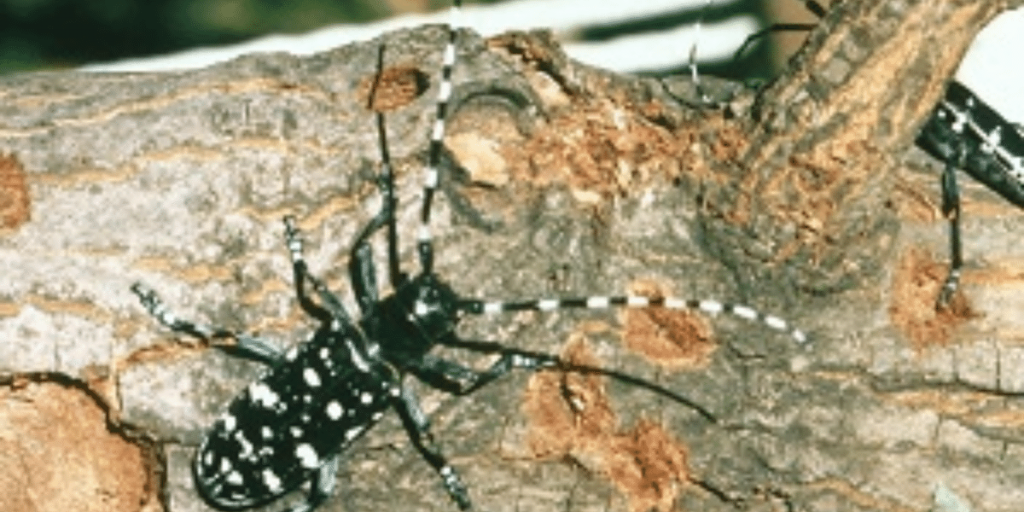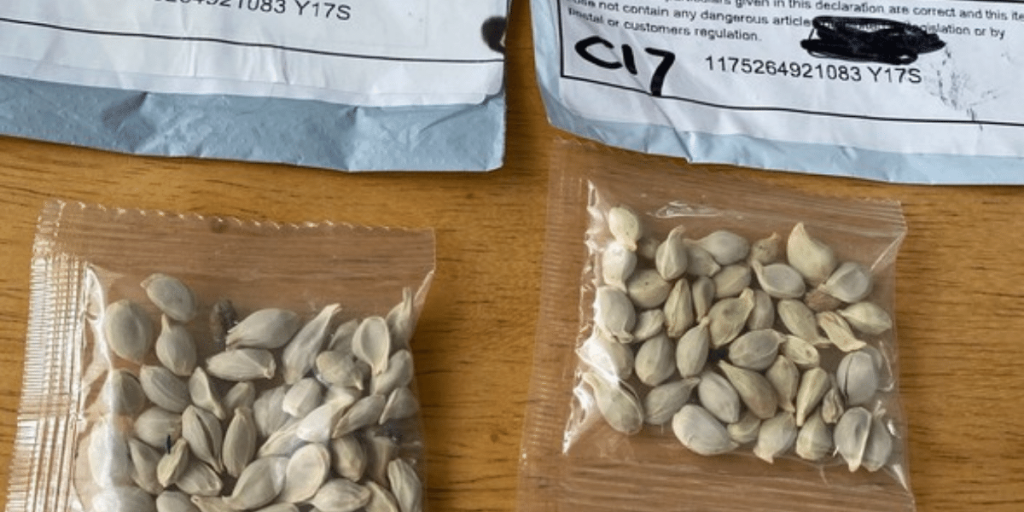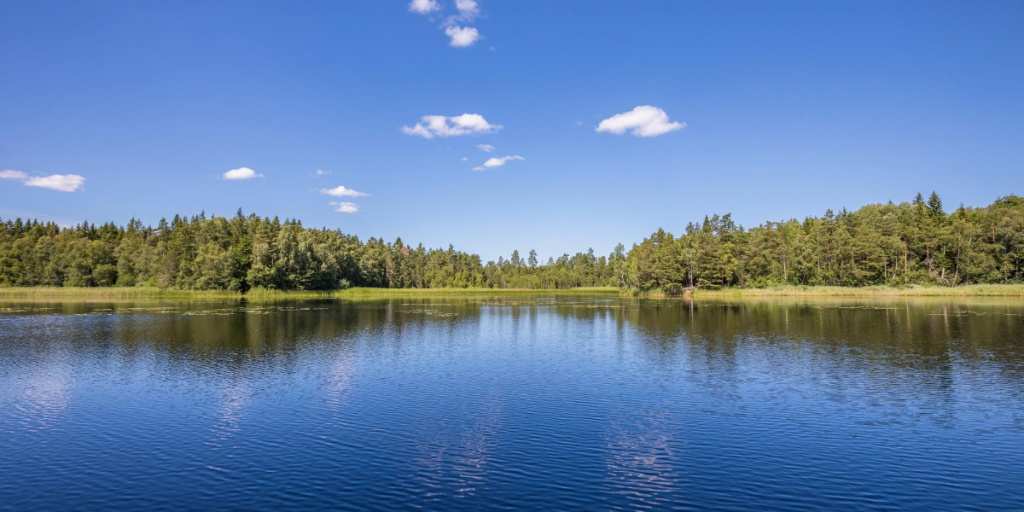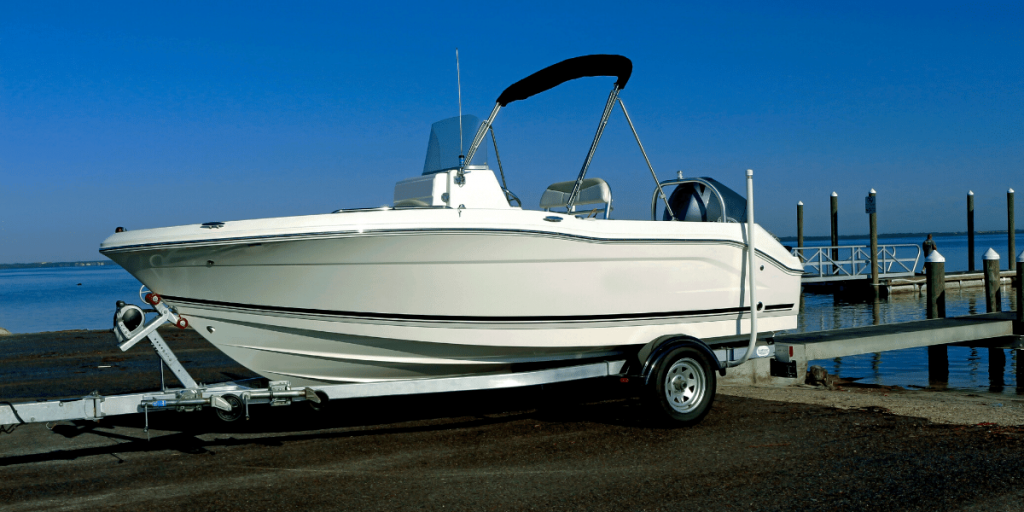Be on the Lookout for Asian Longhorn Beetles
On your next walk or hike in the woods, you can help Michigan’s environment and economy by checking the trees for signs of invasive beetles.
Any invasive pests should be reported to the Michigan Department of Agriculture and Rural Development, but of particular concern is the Asian longhorned beetle. The beetle has not yet been spotted in Michigan, but if it makes its way here, it could cause trouble for the state’s environment and economy.
August is “Tree Check Month”, as designated by the United States Department of Agriculture.Over $750 million dollars have been spent nationwide to eradicate the beetle since its arrival in 1996. It is believed to have arrived in wooden packing materials from Asia.
Tell-tale signs of an Asian Longhorned Beetle infestation are perfectly round holes in trees, about the diameter of a pencil, wood shavings on the ground, and dead branches falling from otherwise healthy-looking trees.
According to MDARD, “Every known infestation of Asian longhorned beetle in the U.S. was discovered and reported by a member of the public who knew what to look for and how to report it.”
Reporting for WGRT – Jennie McClelland





